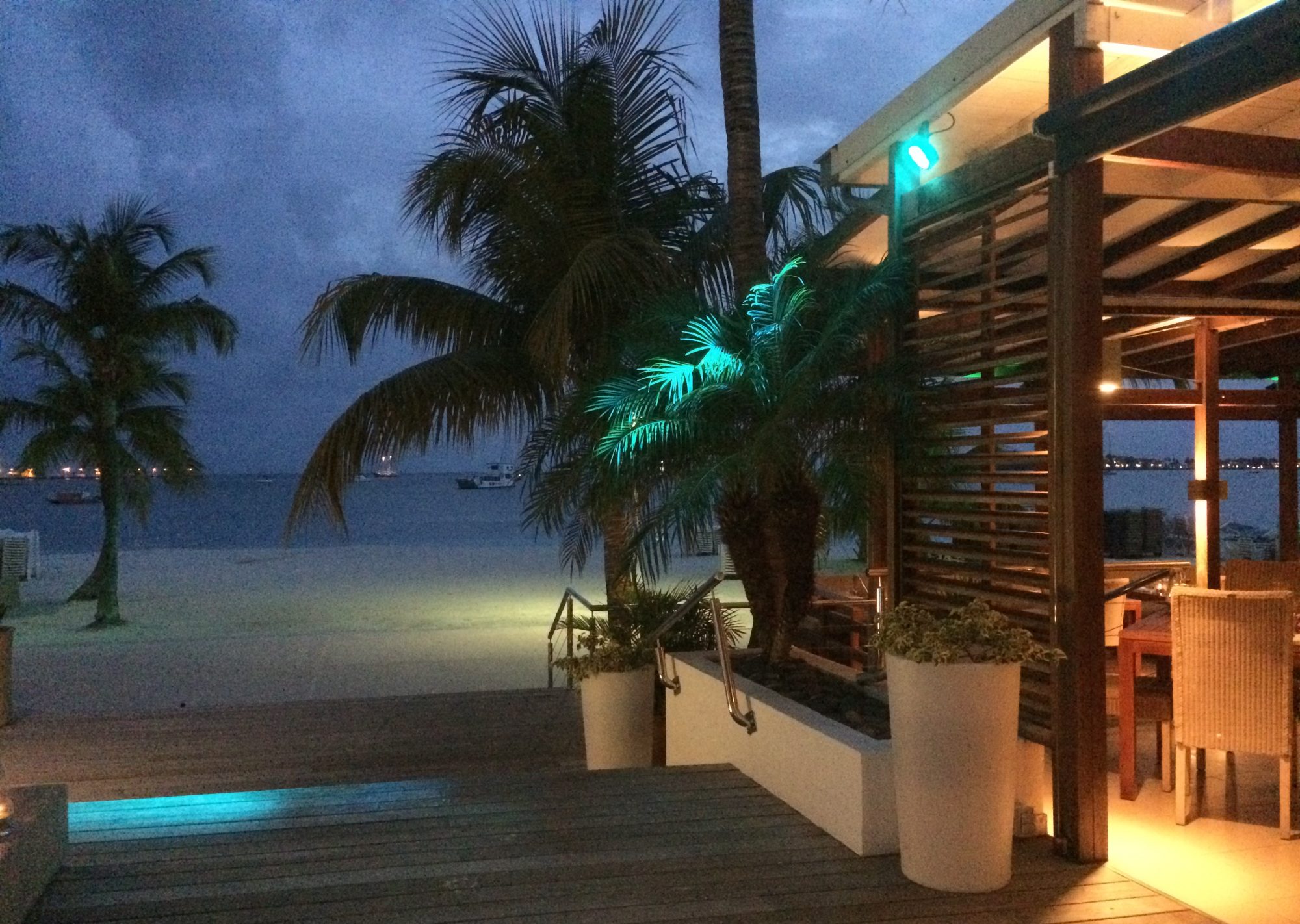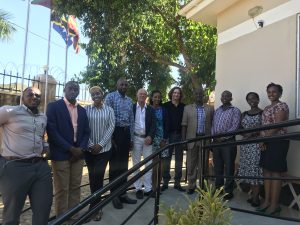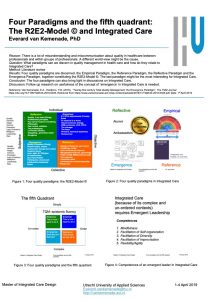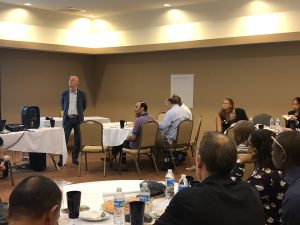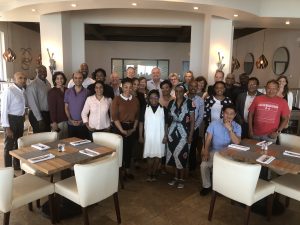On May 29th the Dutch Academy for Quality held a meeting, that partly was meant to discuss the topic of “emergence”. Emergence is – to put it simply- the phenomenon that a new pattern arises from interaction of different actors. Partners in the discussion were Teun Hardjono, Arend Oosterhoorn, Peter Noordhoek, , Henk de Vries, Kees Ahaus, Marius Buiting, Kees de Vaal and Everard van Kemenade.
Marius Buiting stated that management thinking has developed towards strategy and policy in function of progress. Around 2005 however, the crisis arose. It was financial, but even wider, a crisis on values. Kids did not get richer than their parents anymore, living longer was not always better. We have to look back, look into our tacit knowledge. From there the new pattern will ’emerge’. We need a rebellious longing. We need to see the examples of emergence that are already there. He mentions a report by Thijs Homan about changing municipalities [1]. There, another way of perception is visible, not measurable but noticeable.
Henk de Vries mentions his book “Kwaliteitsorg zonder onbehagen” and cites Dooyeweerd who speaks about ‘disclosure in creation’. The possibilities that are hidden and emerge in the course of time.
Peter Noordhoek outlines a quadrant with two axes rational versus irrational and distrust versus trust. Marius Buiting adds wondering as extra to rational/irrational and longing as extra to distrust and trust. On the cutting edge of wondering and longing emergence occurs.
Arend Oosterhoorn states that the quality profession has fallen victim to people without longing. The profession delivers false promises.
Teun Hardjono agrees and states that the world of quality is not able to deliver on its promises: “If you do what we say, you will not make mistakes” However, mistakes are needed to improve.
In the next post Everard wil give a summary of his concept analysis of “emergence’ and its importance for quality
[1]Zie https://thijs-homan.nl/wp-content/uploads/2019/03/Boek_DeVeranderendeGemeente_05-002-definitieve-versie.pdf
